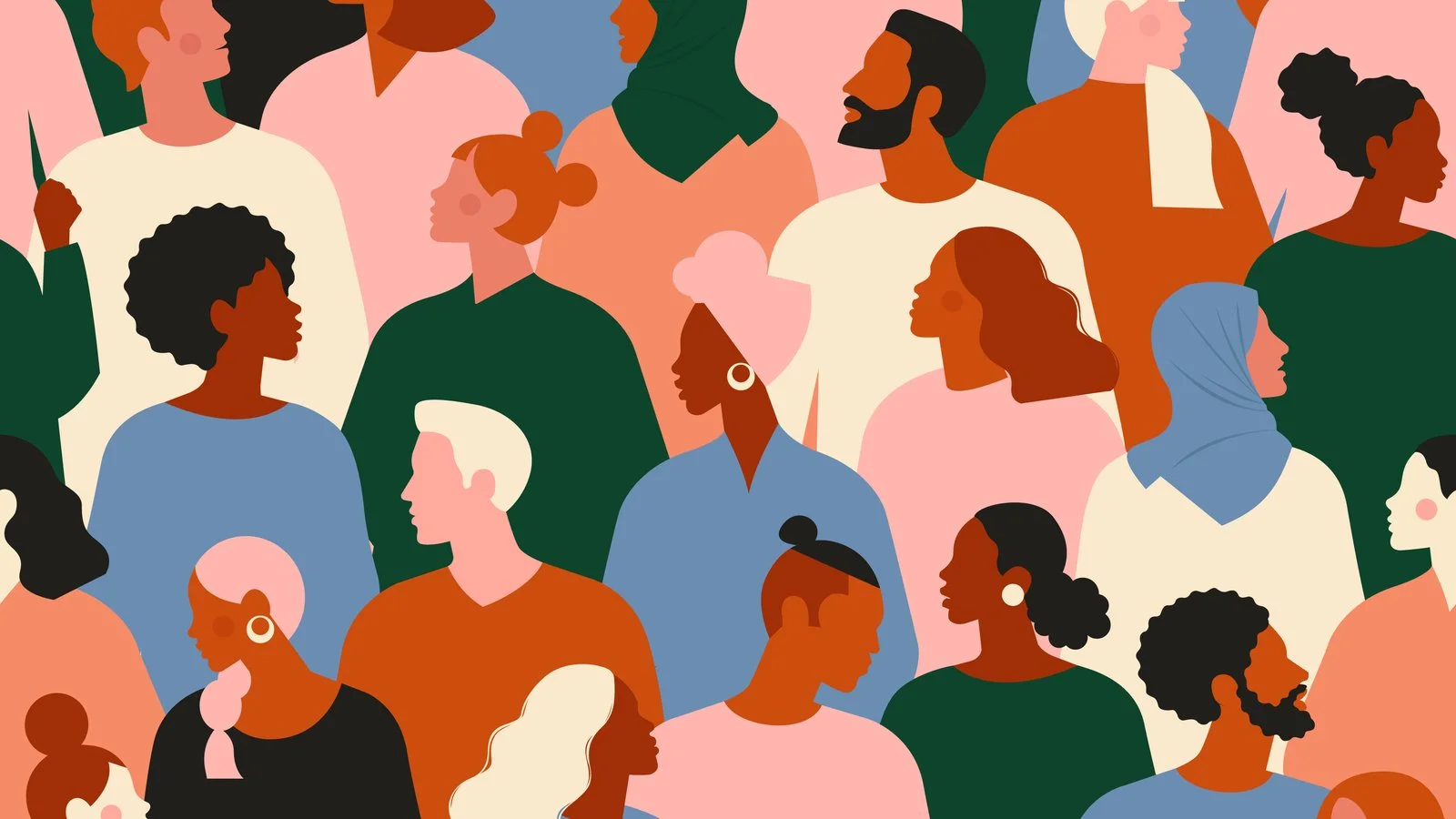Language really matters. How we label something or refer to it, changes how we subconsciously think and feel about that thing. Words have great power.
And while labels and sayings can stick and be used without thought, it pays to take a moment to think about how well these serve us.
As a ‘User Experience’ designer, it’s a title and term that has increasingly caused me unease. Referring to the real people who use the products I design as ‘users’ feels deeply impersonal. I had it pointed out to me that the only other circumstance in which this is applied to humans is when referring to drug users. Similarly, the term ‘Case Studies’ being used (in social work for instance) to refer to the study and examination of people, has the power to degrade a true lived experience down to clinical documentation.
Somehow this language removes ‘us’ a step from ‘them’.
This has the ability to shift the balance of power and can negatively impact the empathy influencing decision making.
The University of Washington released a comprehensive ‘IT Inclusive Language Guide’ https://itconnect.uw.edu/guides-by-topic/identity-diversity-inclusion/inclusive-language-guide/ in association with UW-IT, which highlighted many commonplace phrases used in the technology industry, which on closer inspection, have racist, sexist, ableist and ageist connotations.
One critical item highlighted is the term ‘Master’ used in coding:
“The master-slave relationship in technology usually refers to a system where one — the master — controls or is at the top or head of other copies, processes or systems.”
While this terminology dates back over a decade in the tech world, the guide makes clear that referencing the master-slave dynamic is offensive given the slavery origins in human terms. Using this phraseology makes light of the true experience of slavery. Having addressed this, there has been a movement among developers to replace the label ‘Master’ with ‘Main’.
The full list of terms is comprehensive and illuminating to read through. How many of these terms are used widely without a second thought about the origins? And what unfair ideologies are being inadvertently affirmed in the process?
Making subtle yet significant shifts shows respect and is a positive intentional step towards including all. When we remember that we are designing for real people, just like us, it brings more heart into the conversations.

